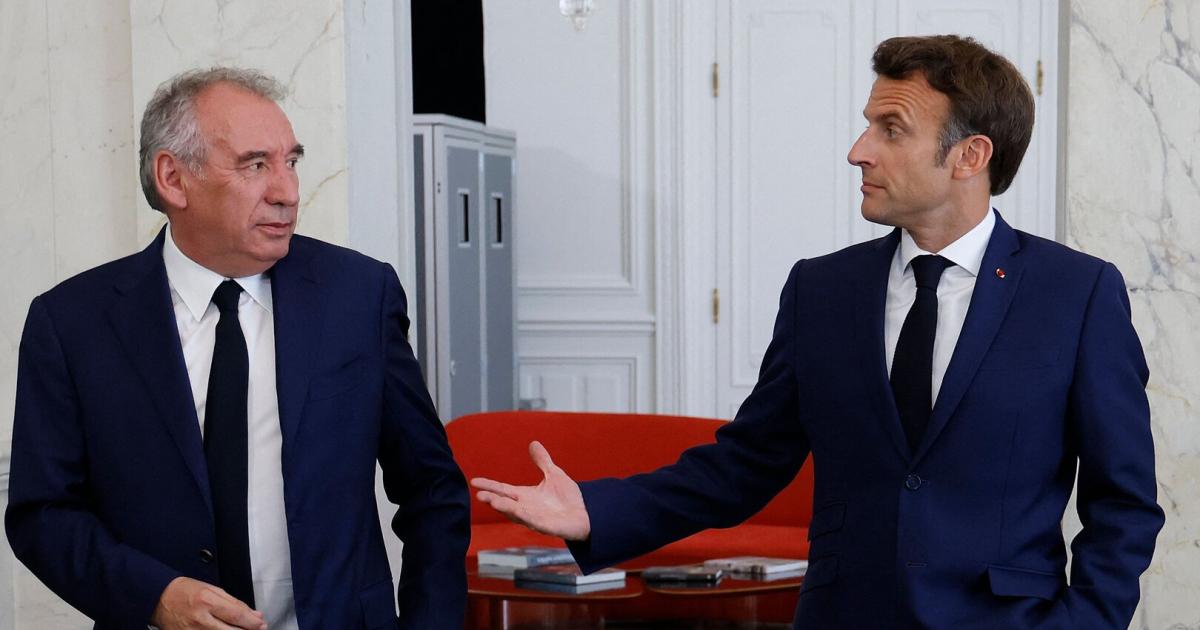French President Emmanuel Macron has appointed 73-year-old François Bayrou as the new Prime Minister. This now has the task of putting together a government, the Elysée announced on Friday in Paris. Bayrou is the head of the MoDem party, which is allied with Macron and is located in the political center. The center-right government of the previous Prime Minister Michel Barnier was overthrown by a vote of no confidence after a dispute over the budget.
The new head of government will be faced with the task of putting together a government that will not be overthrown again at the next opportunity by a vote of no confidence. Barnier was only able to stay in office for three months. Since the early elections in June, Macron’s camp no longer has a majority. The National Assembly is split into three warring blocs.
Bayrou is considered a close confidant of Macron
Bayrou, whose MoDem party cooperates with Macron’s renaissance, has long been considered a close confidant of the president. The 73-year-old mayor of the southern French city of Pau is valued by the conservatives. The Greens and Socialists, on the other hand, had spoken out several times against Macron’s confidant, who, in their view, would not bring a new beginning, but rather a continuation of previous policies.
It is therefore uncertain whether Bayrou will be able to form a majority capable of governing. The Socialists had shown themselves open to tolerating a centrist government. However, it is extremely questionable whether there will be support from the left camp for a prime minister who was explicitly rejected.
The government should not depend on Le Pen again
What exactly the new government will look like is still unclear. Neither the left camp nor Macron’s center forces nor the right-wing nationalists and their allies have their own majority in the National Assembly. It is expected that the conservatives and parts of the left-wing camp have promised Macron at least a toleration of the new prime minister. If there were toleration instead of a broad coalition, the government would not have its own majority and would be correspondingly fragile.
In addition to a minimum level of stability, the parties’ agreement is primarily about ensuring that the new government does not depend on Le Pen’s right-wing nationalists, like Barnier’s previous minority government. His center-right cabinet didn’t even last three months until the opposition made up of left-wing forces and right-wing nationalists toppled it through an unusual alliance.
Macron flees forward
With the quick appointment just a week after the fall of the government, Macron also wants to prevent France from falling even deeper into the political crisis and economic difficulties. The country has to save because of its excessive new debt. The rapid step should also be a certain relief for France’s international partners, as it brings with it the hope that there will be no threat of weeks of standstill due to exploratory talks and reorganization.
